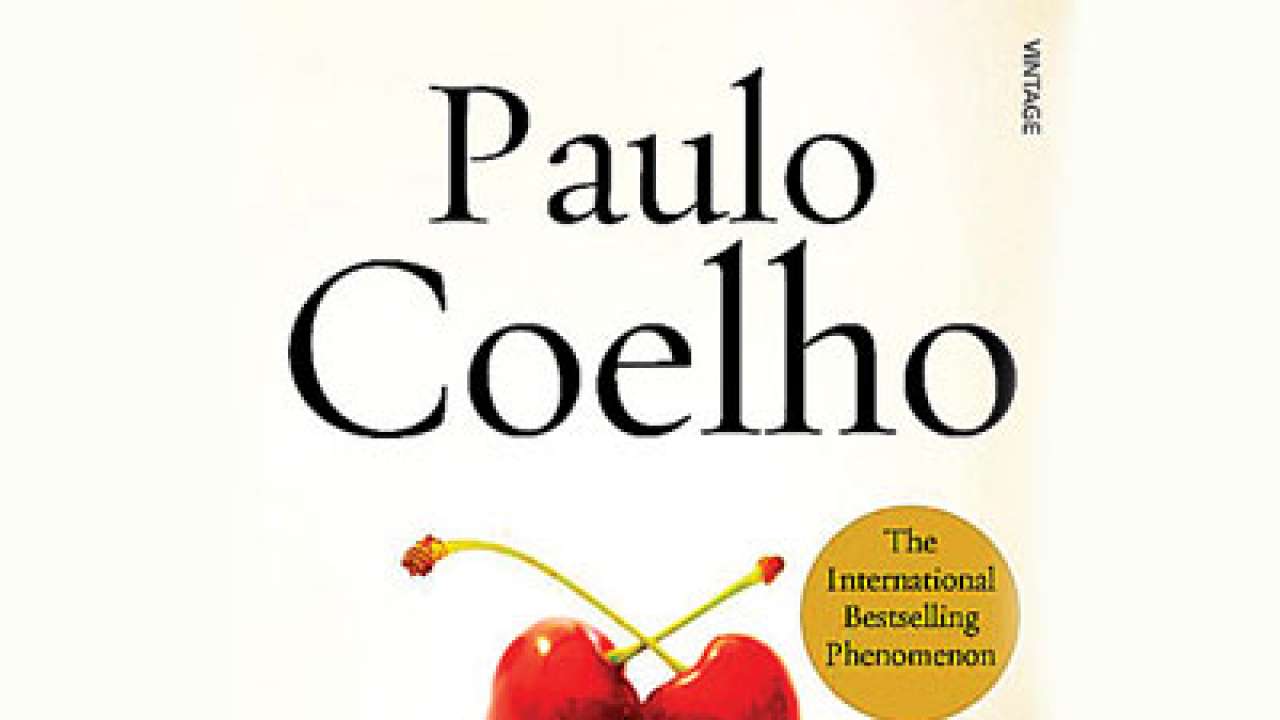
Name: Adultery
Writer: Paulo Coelho
Publisher: Random House
Pages: 272
Price: Rs 399
How many times can you narratel the same kind of story and expect it to become a hit? I read Paulo Coelho. I have read several books by him, and honestly, have liked many of his works. So much so that I would look forward to his next release when it was announced. Unfortunately, Adultery is not such a book. I was expecting something better than Aleph (his last release before Adultery) this time. Adultry, like Aleph, disappoints you.
There are questions in all books by Coelho. Sometimes he answers them but most of the time he chooses not to. However, unanswered questions lead to nowhere, and hence we tend not to pick such books which do not give you solutions. In Adultery too, Coelho asks a lot of questions but doesn't answer them. His protagonist Linda is a successful journalist, living a comfortable life wife very loving husband and two children. Yet she is not happy. An oppressive blanket of depression overcomes her, a sense of doom that threatens to shatter the reality she has so carefully constructed. She 'falls in love' with Jacob, 'the teenage boyfriend I met back when anything was possible', who is now a prominent politician. Winning him over becomes an obsession 'like a virus has infected the computer'. And to win him she will do anything.
She is out of control, driven only by the most base of emotions, swinging precariously between normality, depression and insanity. The many references to both Jekyll and Hyde and Frankenstein – Mary Shelley wrote the novel in Geneva – promote the sense of the monster within. 'Frankenstein has never gone out of print,' muses Linda, 'because everyone sees a bit of themselves in both the scientist and the monster'. Despite a temporary relief in the end, the real end remains confusing. Did she realise what she had and could lose? Or was she ready to lose what she had for something which may not have a future?
Each chapter swings from rational to irrational. It gets so monotonous sometimes that to continue reading seems a Herculean task. Something I would have never imagined while reading The Alchemist or Zahir! No doubt Coelho is unmatched in his talent for producing populist philosophical fodder and no one can question his popular fan base but if contents don't change, the answers will.